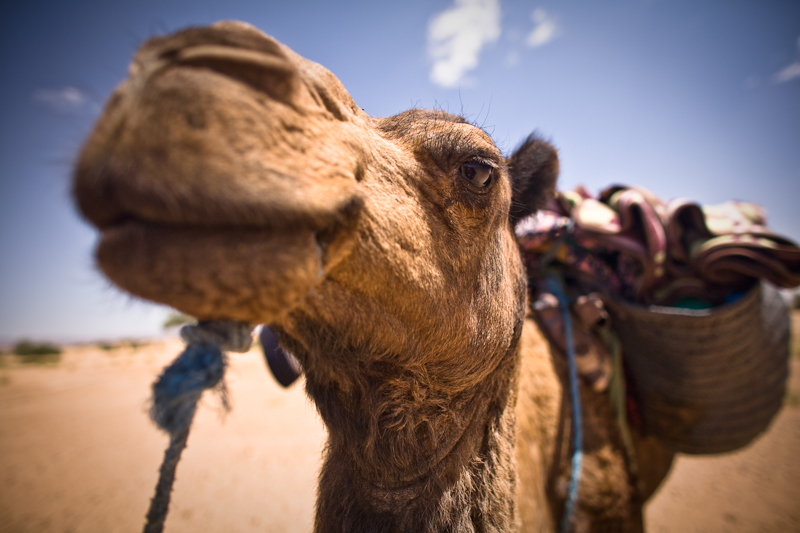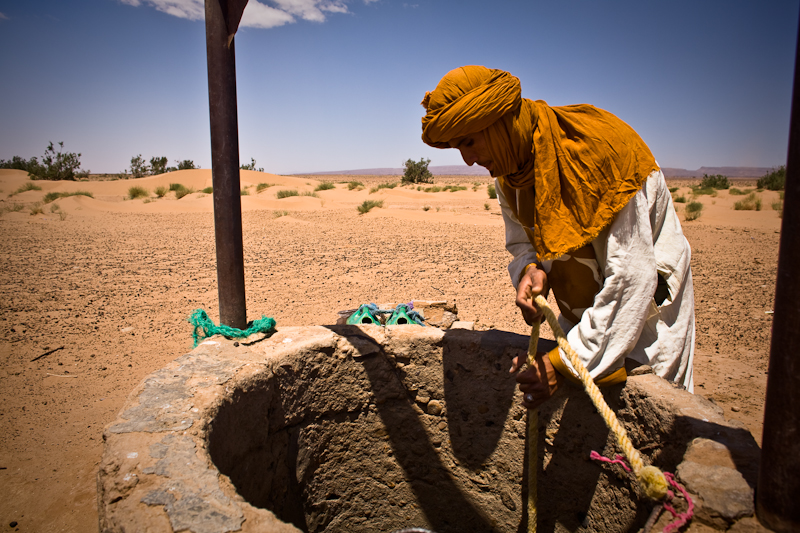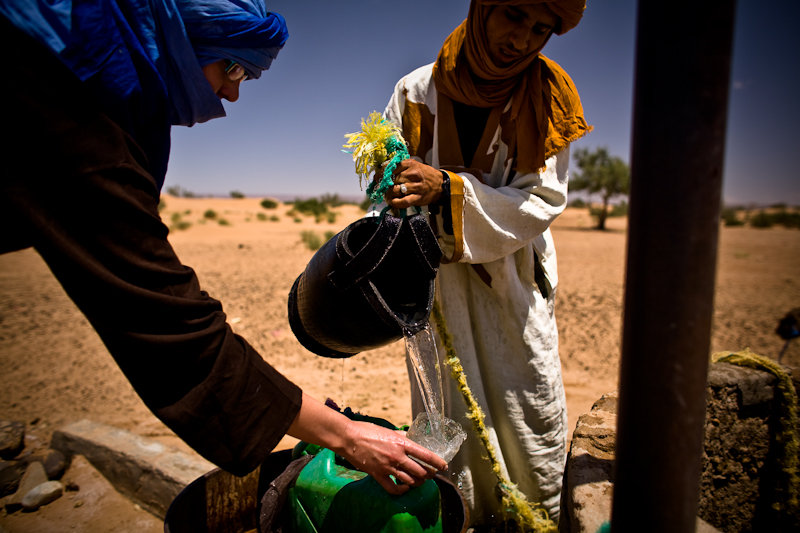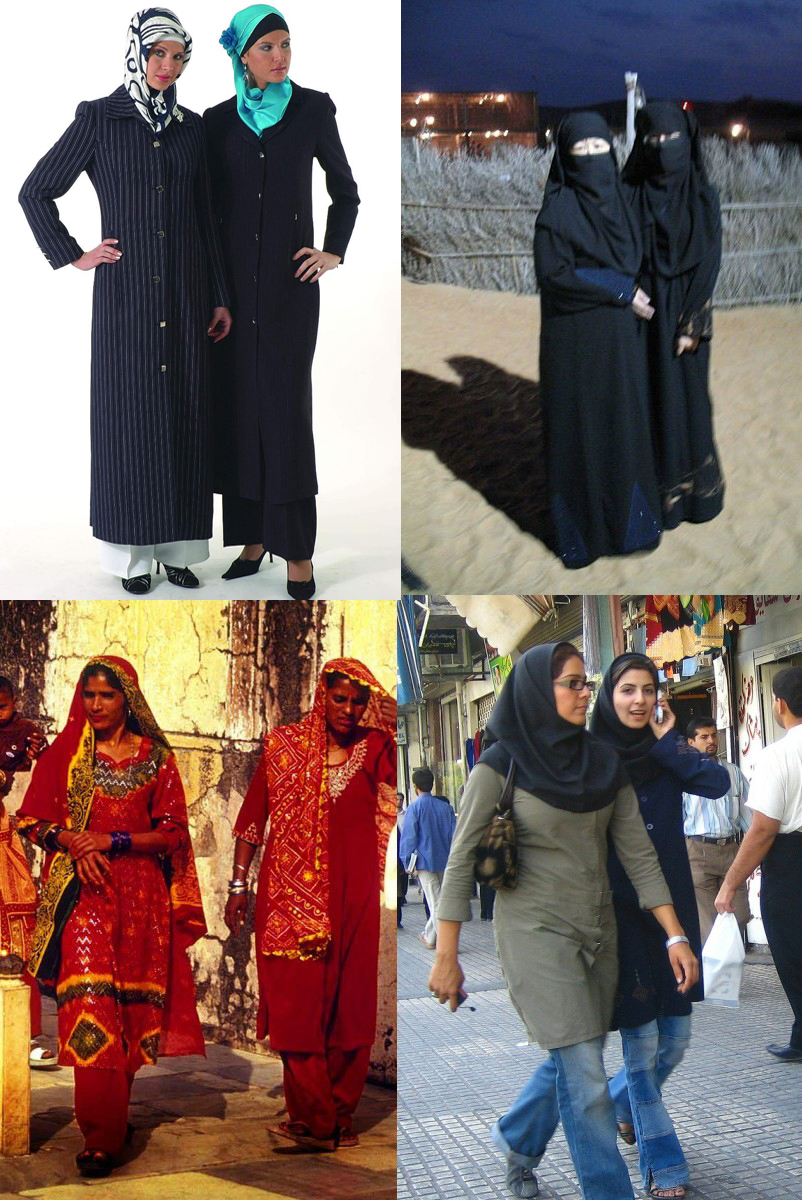Hi I was wondering if anyone can give me some advice. I met a moroccan man online around 8 months ago and we have talked just about every day since then. I have just been to Morocco to meet him and his family and we had a fantastic time.I can see that there are a few moroccan men on here and was wondering if they can give me any tips on the visa proceedure as at the moment it all seems very complicated to me.
I too have met a moroccan man online but have not been to morocco yet. There is another forum on here about being with a moroccan man which is interesting. Did you feel safe in morocco? Just curious to know.
I have been talking with this guy that i met too almost everyday, he seems so genuine but i am worried about the way morrocan men sometimes, not all the time, treat their women. Does the guy you are with make you feel pressured into things sometimes, like getting married? The guy i met online wants me to go to morocco in July,(we have just met in april) to meet his family, stay with him for 1 week and if everything goes good, wants me to marry him right there in morocco.(I don't think it would even be legal, would it?) Of course, I have not agreed. It is too soon. I do worry too that he is just wanting me so he can get to canada. The visa process seems really really complicated to me too.
I am actually quite confussed as you can tell. I really like him, he is very handsome and seems like a good person. But, i have heard so much negative stuff.
I have just returned from Morocco. I too met a beautiful, wonderful man online. We were fast friends and really clicked. It was alot of work to get there but worth every minute. Yes, I did feel safe in Morocco, ( Morocco is beautiful) I stayed with him and his family. We were married there and now I have returned here to file the necessary paper work to bring my true love home. It is a lot of work, not an easy process, but if you are sincere and he is sincere, it is worth all of the effort. Now I begin the hard part filing the paper work here, but with Gods blessings things will go just as smoothly. Good luck.
morocco culture,moroccan food,morocco food,moroccan cuisine,morocco beaches,moroccan meal,beaches in morocco,moroccan culture,hercules cave,hercules cave morocco







